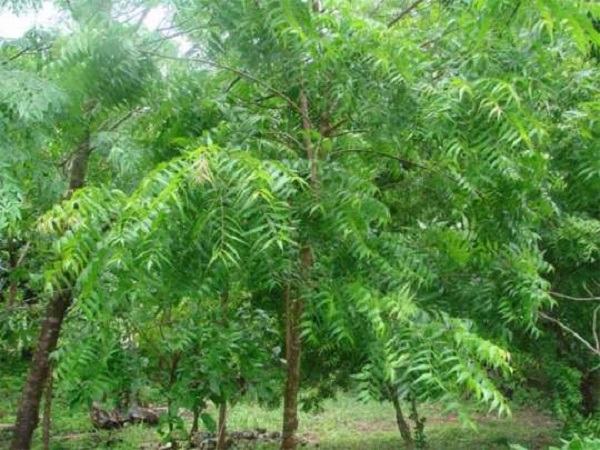
Safe, rational use of herbal medicines
The proliferation of several herbal products on the Ghanaian market, coupled with the need for natural/herbal immune boosters amid this Covid-19 pandemic era is of great public concern.
This is more alarming where it has been observed that some herbal products on the market have not been approved by the Food and Drugs Authority (FDA).
But are we surprised with the upsurge in the proliferation of herbal products on our markets?
You have no idea the extent to which people will go in their quest to stay alive and healthy during such pandemics, and especially in developing countries where it is estimated that about 70-80 per cent of the populace depend on medicinal plant products as part of their primary health care.
A herbal medication is any remedy from plants used in the prevention and treatment of illness.
They may come in different formulations.
Common examples are powders, liquids, tea bags, capsules, stem bark, root/root barks, bitters (steeped in alcohol) and tinctures.
They may be produced locally or imported from other countries.
Implications of abuse
Any approved herbal product purchased from a pharmacy, licensed chemical shop, herbal shops, etc should have the following; a label with a date of production, date of expiry, batch number, FDA registration number, ingredients and excipients, the recommended dosage for adults and children, indication (the condition or ailment for which the product is to be used for) and contraindications (conditions or circumstances or category of people who are not advised to take the product eg. pregnant and lactating mothers, children below 12 years, patients with severe morbid conditions, etc)
There are several herbal products on the market that have been packaged and sold to innocent folks without these essential information required for approval by drug regulatory agencies such as the FDA.
Please beware of self-styled herbalists who market such products especially in vehicles, markets, community (mobile vendors).
Please take note that a herbal remedy can be effective for recommended condition, however, that same product may contain other ingredients that can have detrimental effects on the liver/kidney when used indiscriminately or without appropriate dosaging.
The reason being that, any medicinal plant or drug could be a potential poison depending on the dose taken as stated by Paracelsus.
Abuse
‘A case is reported of a patient who had been prescribed a herbal medication which was to be taken within a period of two weeks.
The patient returned in less than a week for more, saying she had gulped all of the content of the bottle with the intent of facilitating speedy recovery.
Can you imagine the possible implications of the herbal product on the organs of that patient, and potential toxicity it could have on this patient if she had not sought medication attention after her action?’
Herbal products can also cause allergic reactions such as rashes on the skin, headaches, nausea, vomiting and diarrhoea.
These symptoms can range from mild to severe, thus the need to purchase herbal remedies from approved outlets and avoid self-medication.
High risk groups
I must add that people with chronic kidney disease, liver failure and other chronic conditions such as hypertension, diabetes, hepatitis must take great caution when using herbal medicines.
It is mandatory that in one's own interest professional advice is sought when it comes to administering herbal medicines and that is what we at the herbal medicine unit of the Ghana Police Hospital seek to do.
In the second part of this write up I will consider the dangers associated with self- medication of herbal products. Please stay tuned.
The writer is with Herbal Medicine Unit,Public Health Department Ghana Police Hospital
Contact: +233-24-4720117
